Brazil: New Indirect Taxes on Digital Service Providers from 2026

In July 2023, Brazil’s Chamber of Deputies approved a historic tax reform to overhaul the country's complex indirect tax system. Following this approval, Constitutional Amendment No. 132/2023 was published in December 2023. Since then, various stakeholders have been actively involved, organizing events to discuss the practical effects of the reform.
The reform, set to simplify the current system, will eliminate the complexities of multiple layers of taxes imposed at various government levels, often resulting in overlaps. Key changes include consolidating several taxes into a "Dual VAT" system, introducing new levies, and modifying existing ones.
On July 11, 2024, tax reform took another significant step forward with the approval of the Chamber of Deputies on Complementary Bill (PLP) 68/2024, which included several modifications to the original bill. The reform will be phased in over seven years from 2026 through 2033, allowing the government and taxpayers time to adapt to the new system.
Impact of Tax Reform on Digital Service Providers
From 2026, Brazil will replace the current tax system, which includes five taxes: the federal contributions for social integration (PIS) and social security financing (COFINS, the federal tax on manufactured products (IPI), the state VAT (ICMS), and the municipal service tax (ISS).
Instead of these five taxes, as part of the Dual VAT system, two new consumption taxes similar to VAT will be introduced:
Federal consumption tax - Contribuição sobre Bens e Serviços – Contribution on Goods and Services (CBS) 8.8% rate,
State and local taxes - Imposto sobre Bens e Serviços – Tax on Goods and Services (IBS) at 17.7% rate.
Under the agreed implementation, non-resident digital service providers will collect and remit new indirect taxes on their supplies to Brazil. Under current legislation, this requirement applies to both B2B and B2C transactions., and is expected to apply to various electronic services such as advertising, streaming of games, music, apps, films, e-books, e-journals, software, and internet services.
Digital platforms, whether Brazilian or non-resident, will be liable for CBS and IBS for transactions:
Sales made by nonresident sellers that are not registered for IBS and CBS,
Sales made by Brazilian sellers that are not registered for the IBS and CBS or transactions that are not recorded through an electronic invoice (e-invoice)
A digital platform is an entity that facilitates transactions between sellers and buyers through automated or electronic methods while managing key aspects such as collection, payment, setting terms and conditions, and delivery.
Conclusion
The indirect tax reform that the Brazilian government is determined to implement will significantly transform the Brazilian tax landscape. Although Brazilian businesses will be impacted the most, foreign digital service providers will have to monitor the adoption of the reform package and prepare for the upcoming changes.
Source: Bill PL 7/2023, Complementary Bill PLP 68/24, Constitutional Amendment No. 132/2023, Chamber of Deputies

Featured Insights

Burkina Faso FEC E-Invoicing Mandatory July 2026
🕝 February 24, 2026More News from Americas
Get real-time updates and developments from around the world, keeping you informed and prepared.
-e9lcpxl5nq.webp)




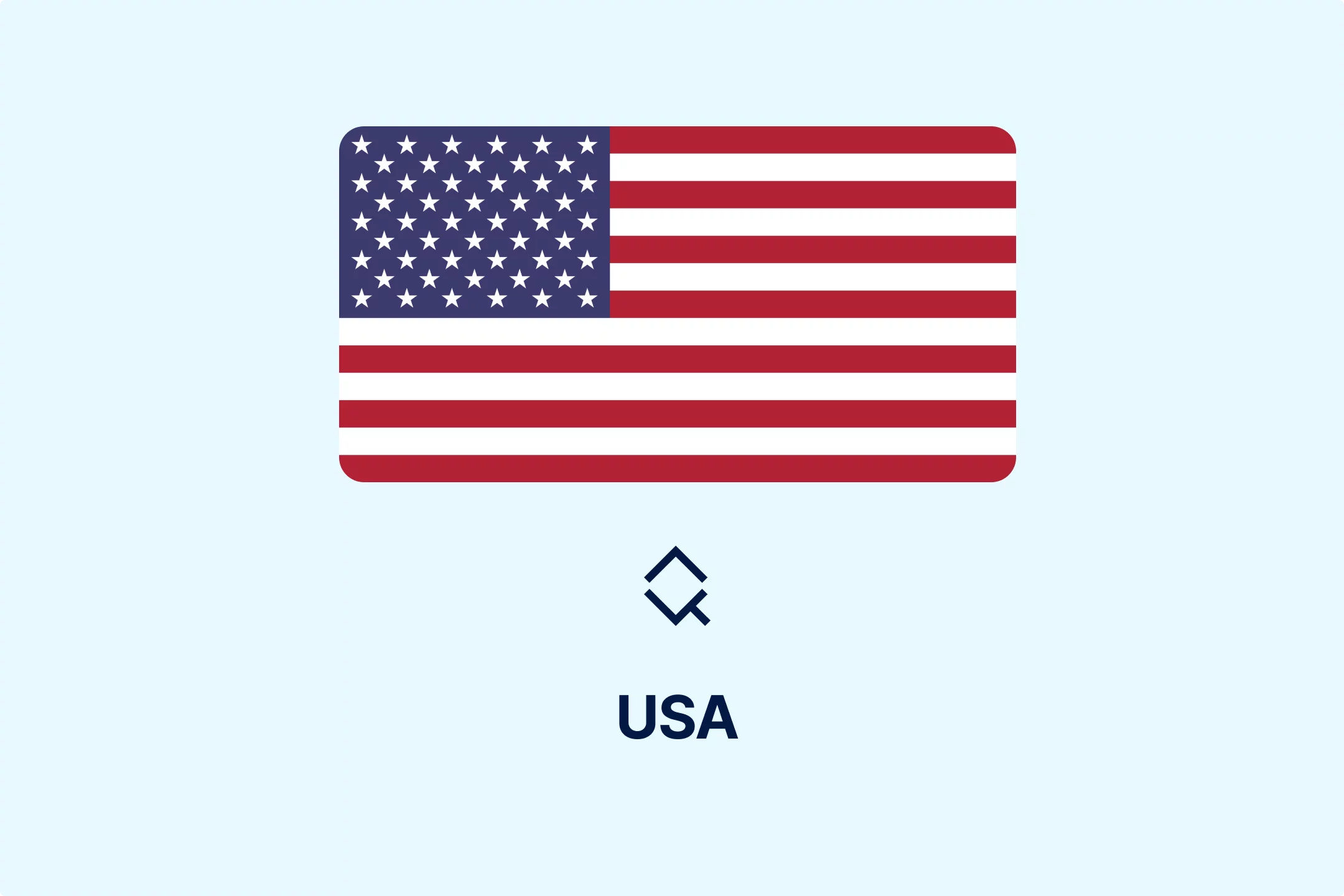
-fd4vrjrcmo.webp)



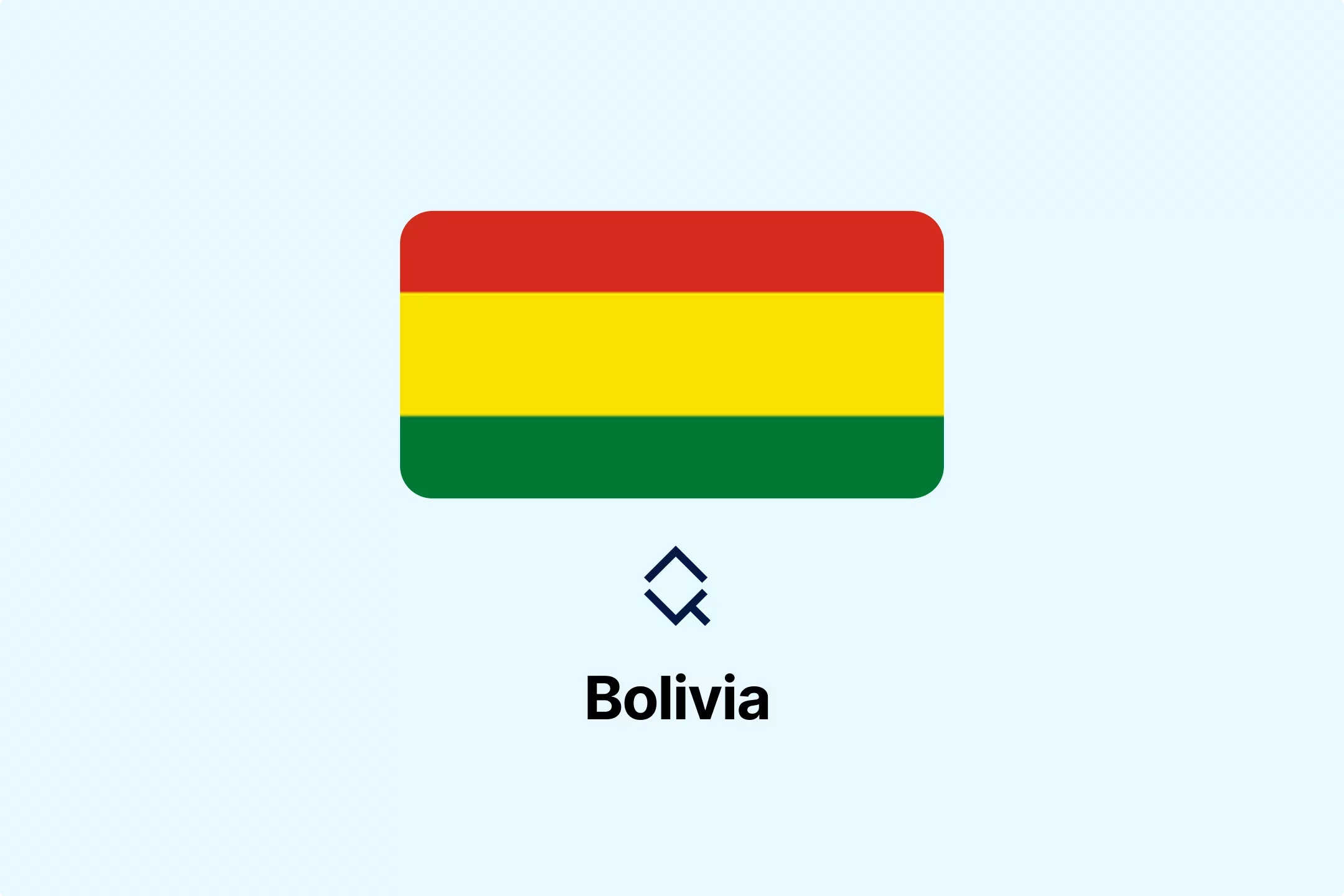

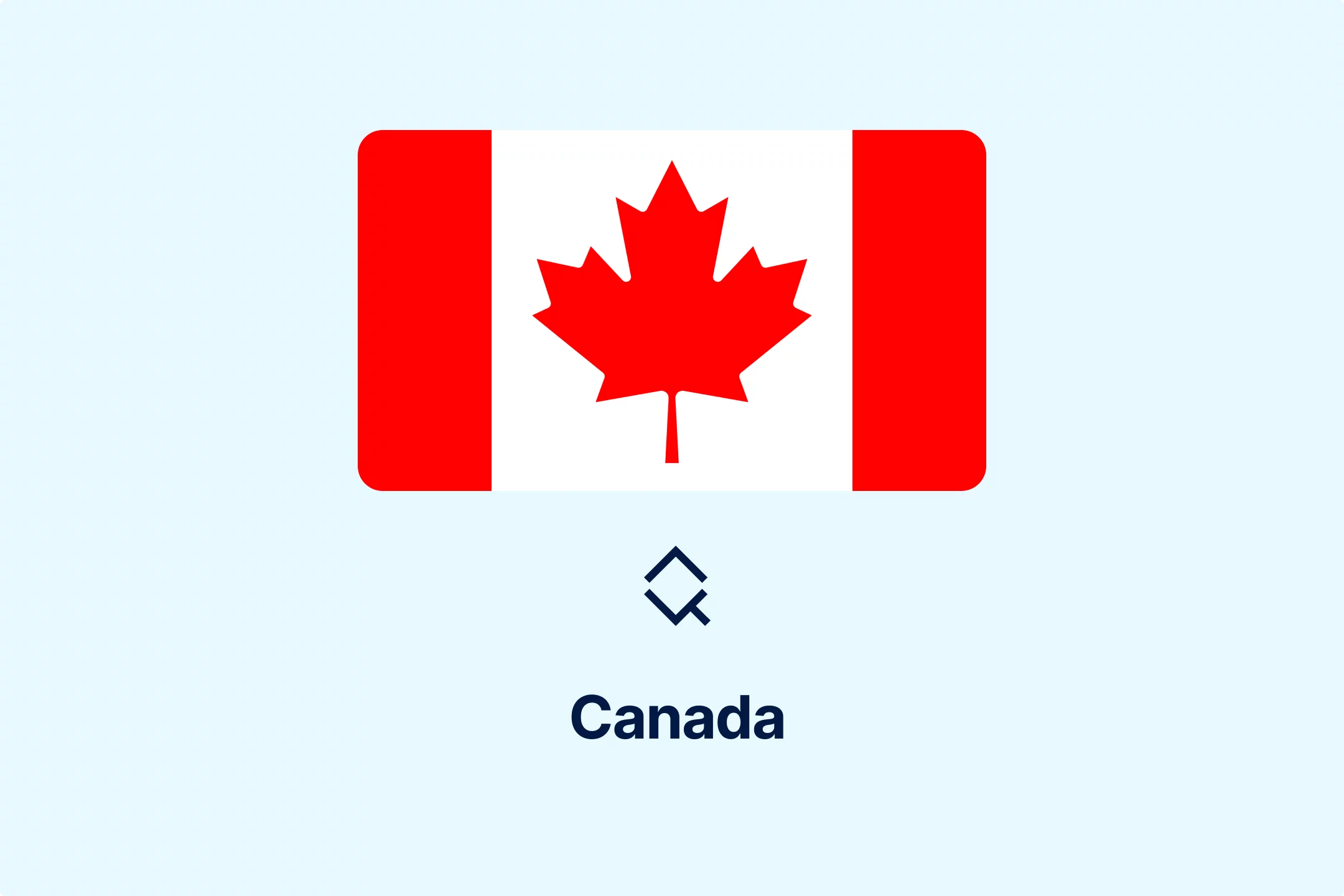





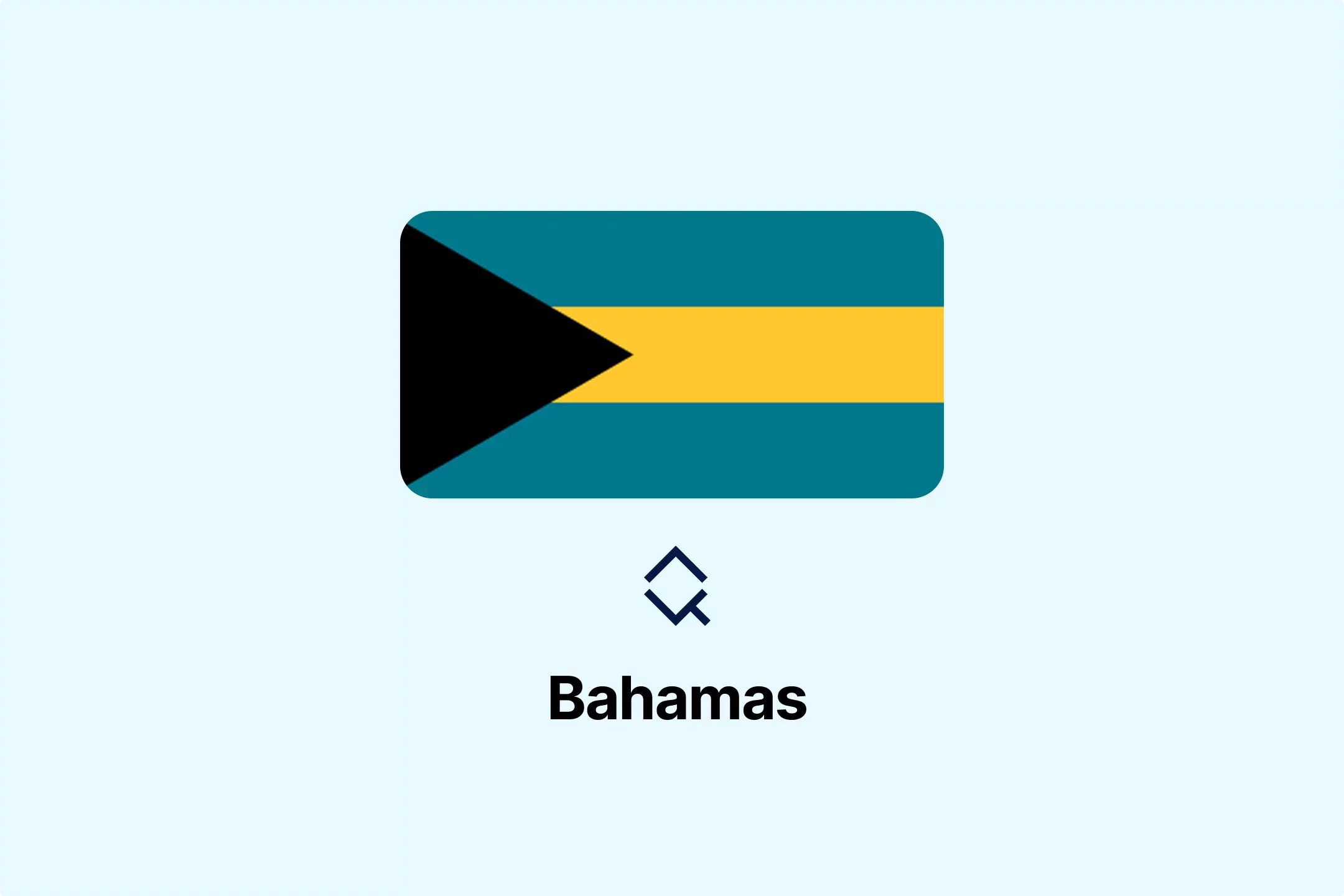



-qoqtiao7l2.webp)

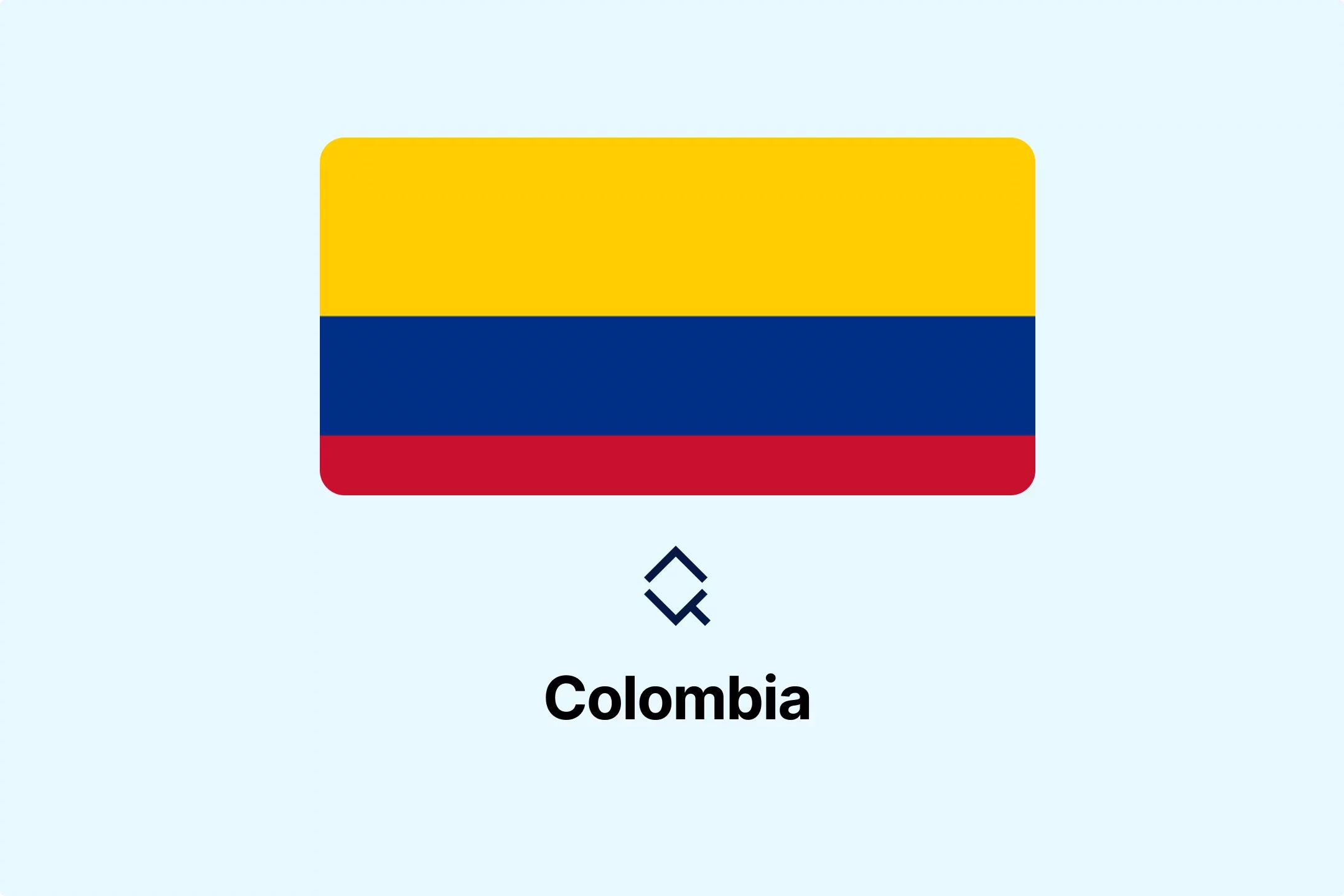
-pdupgqz2r8.webp)
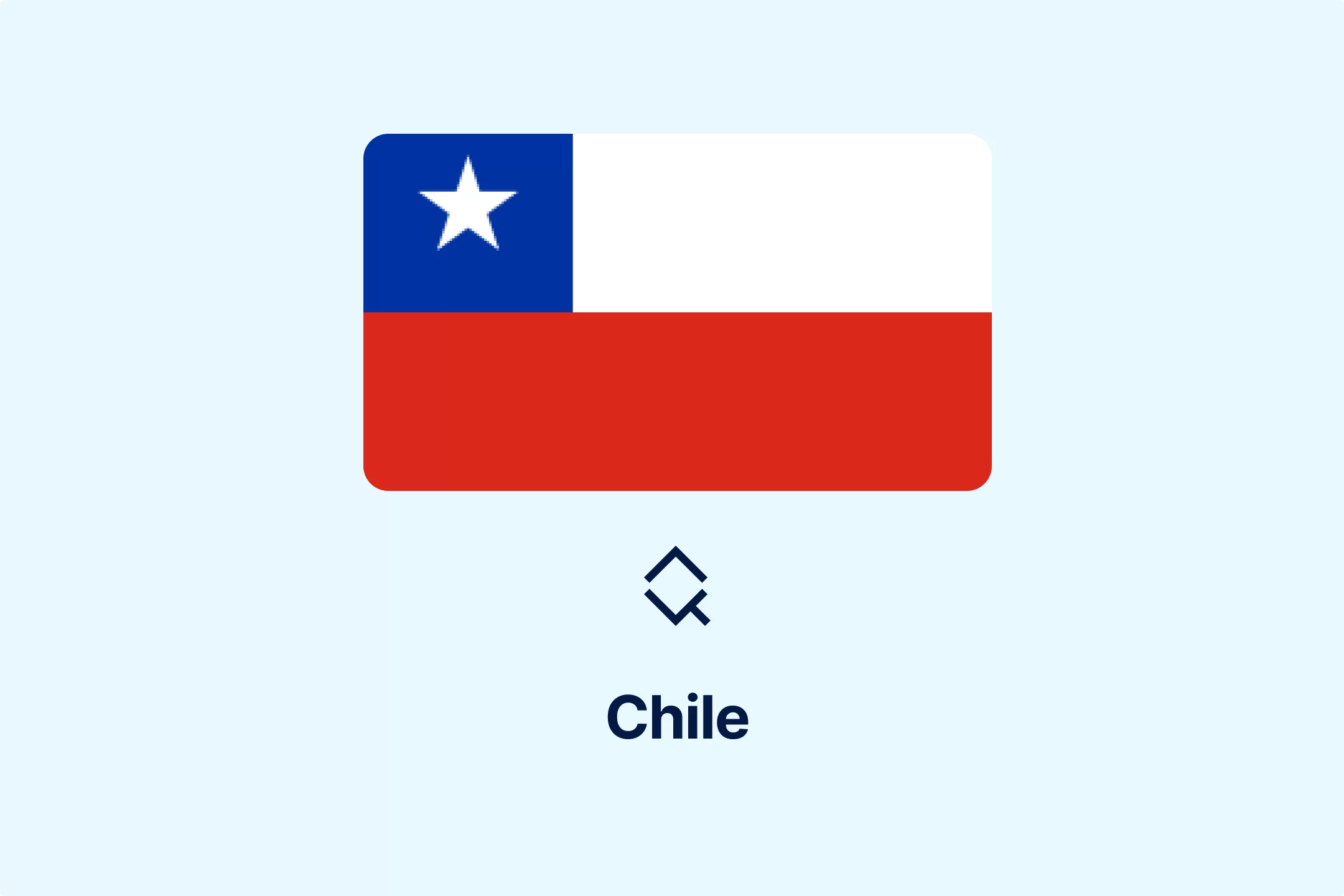
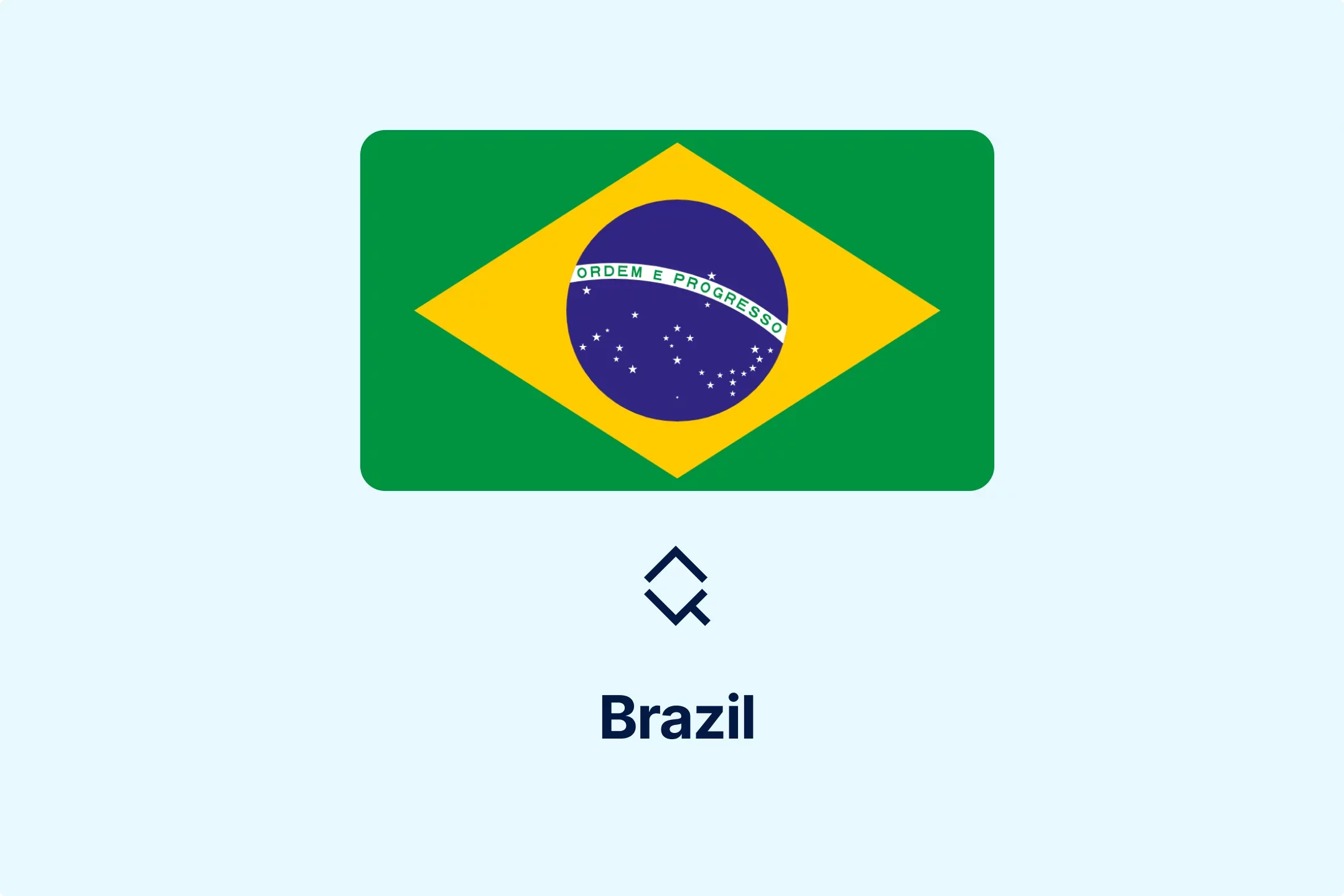




-o0xyg5unvs.webp)

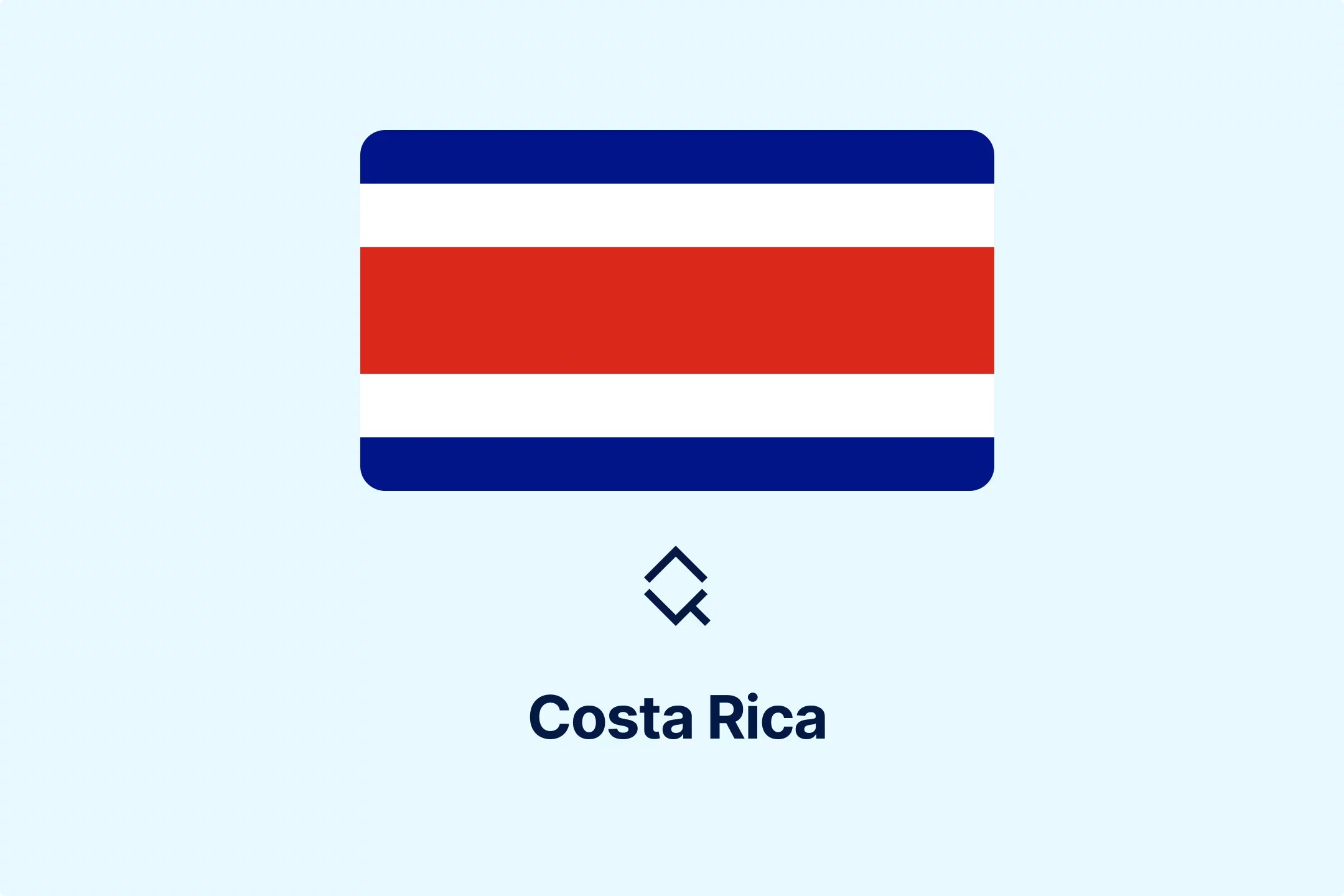
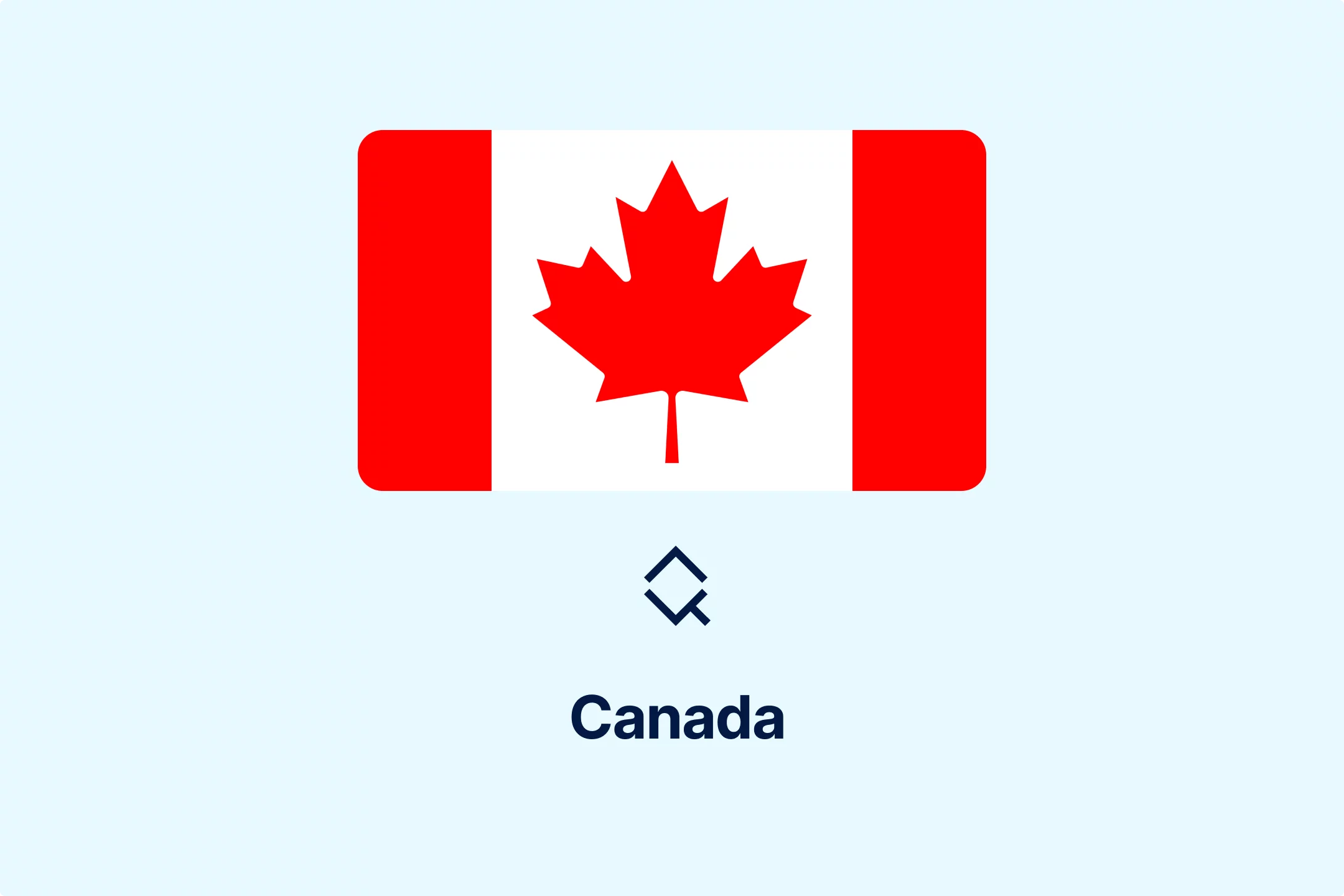
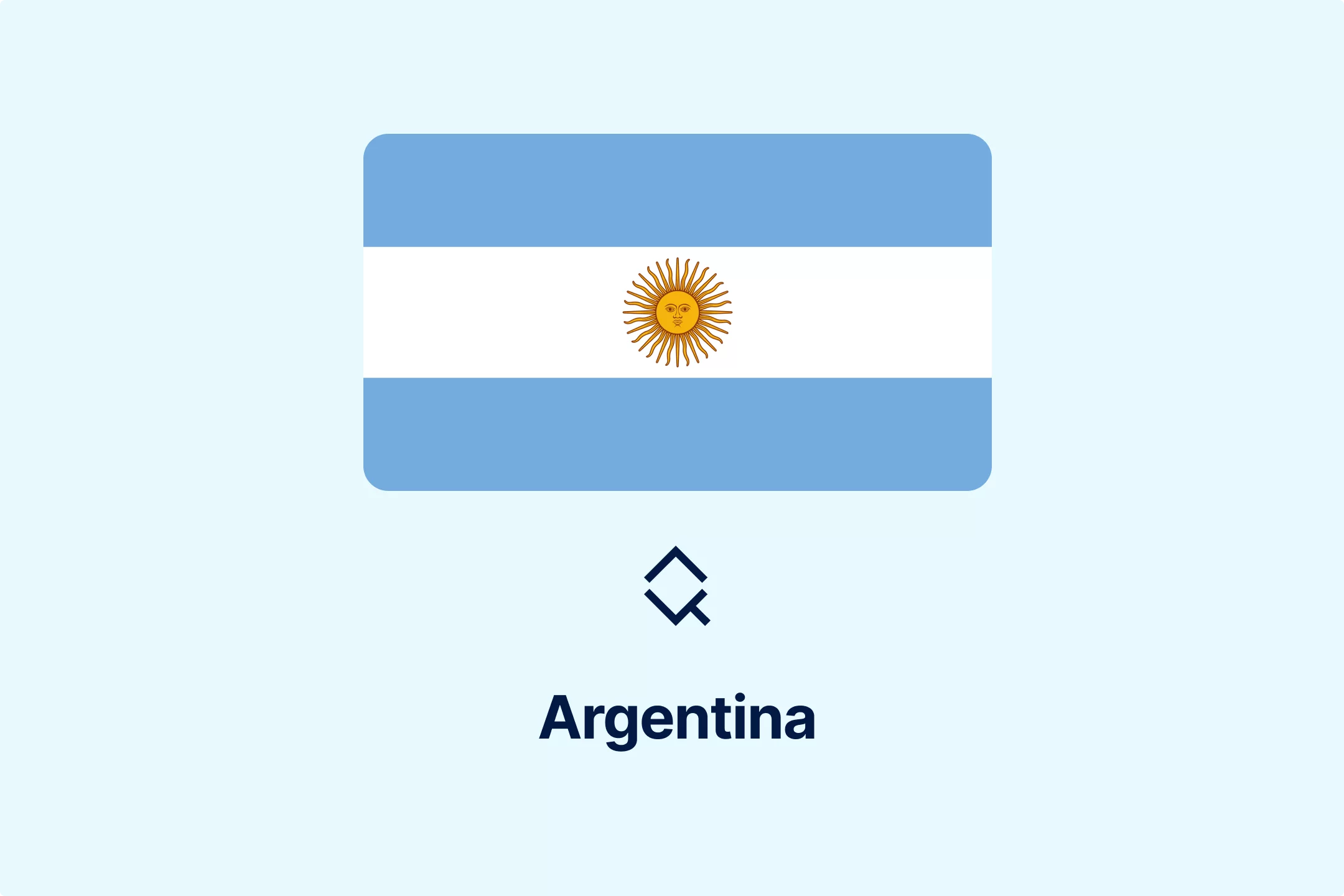



-sebuexzucq.webp)





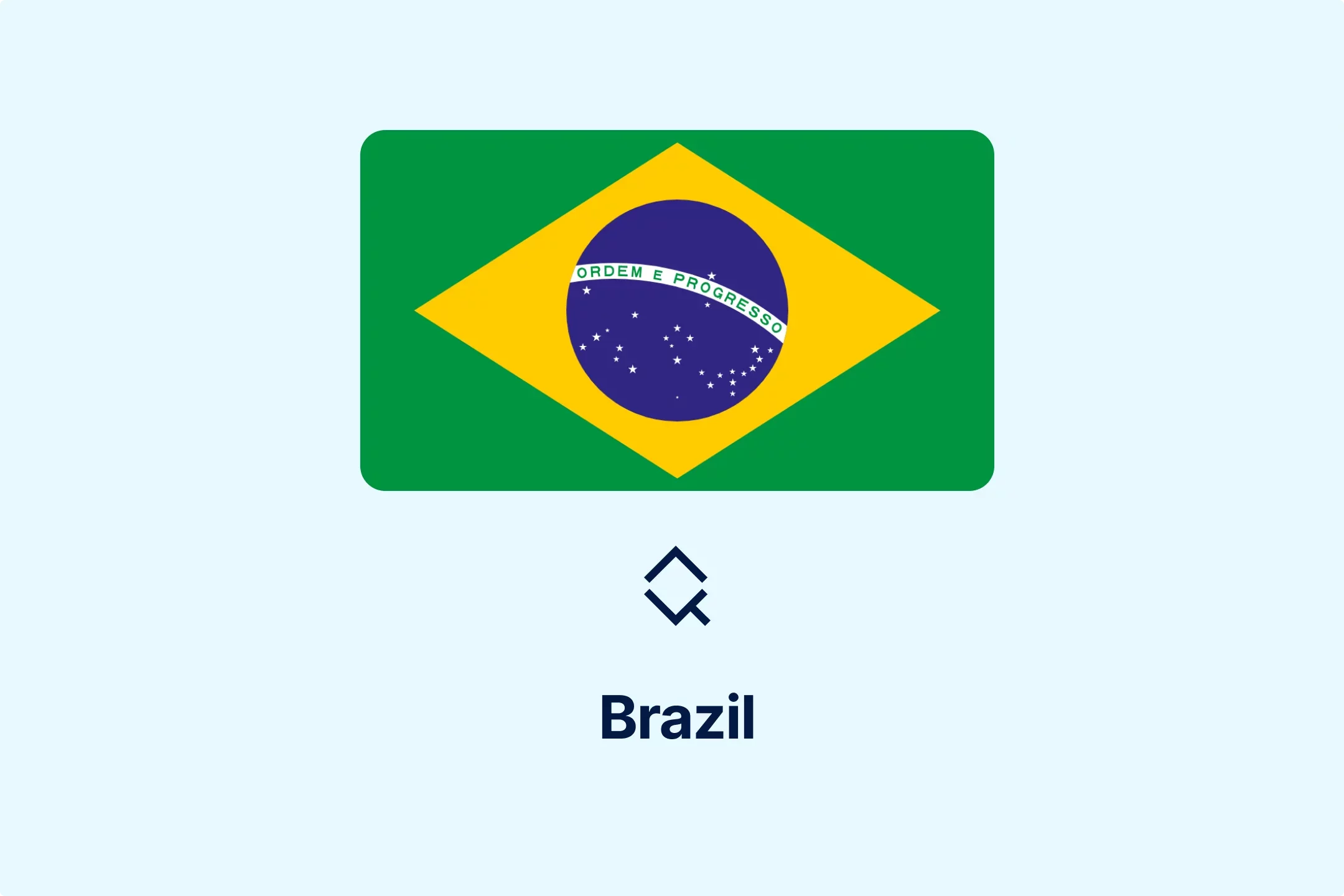

-sug7vykj81.webp)







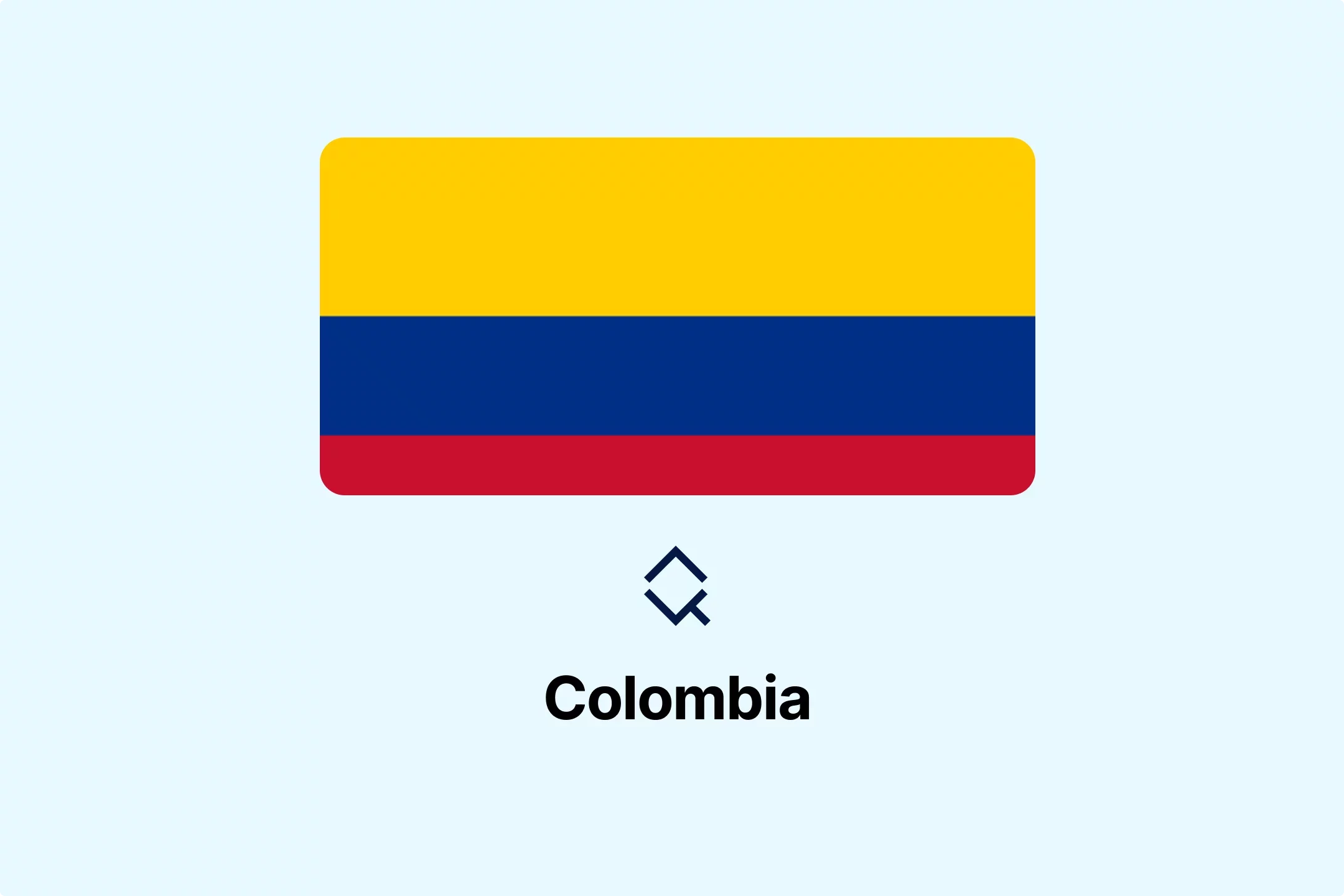
-gsvc6ack9u.webp)

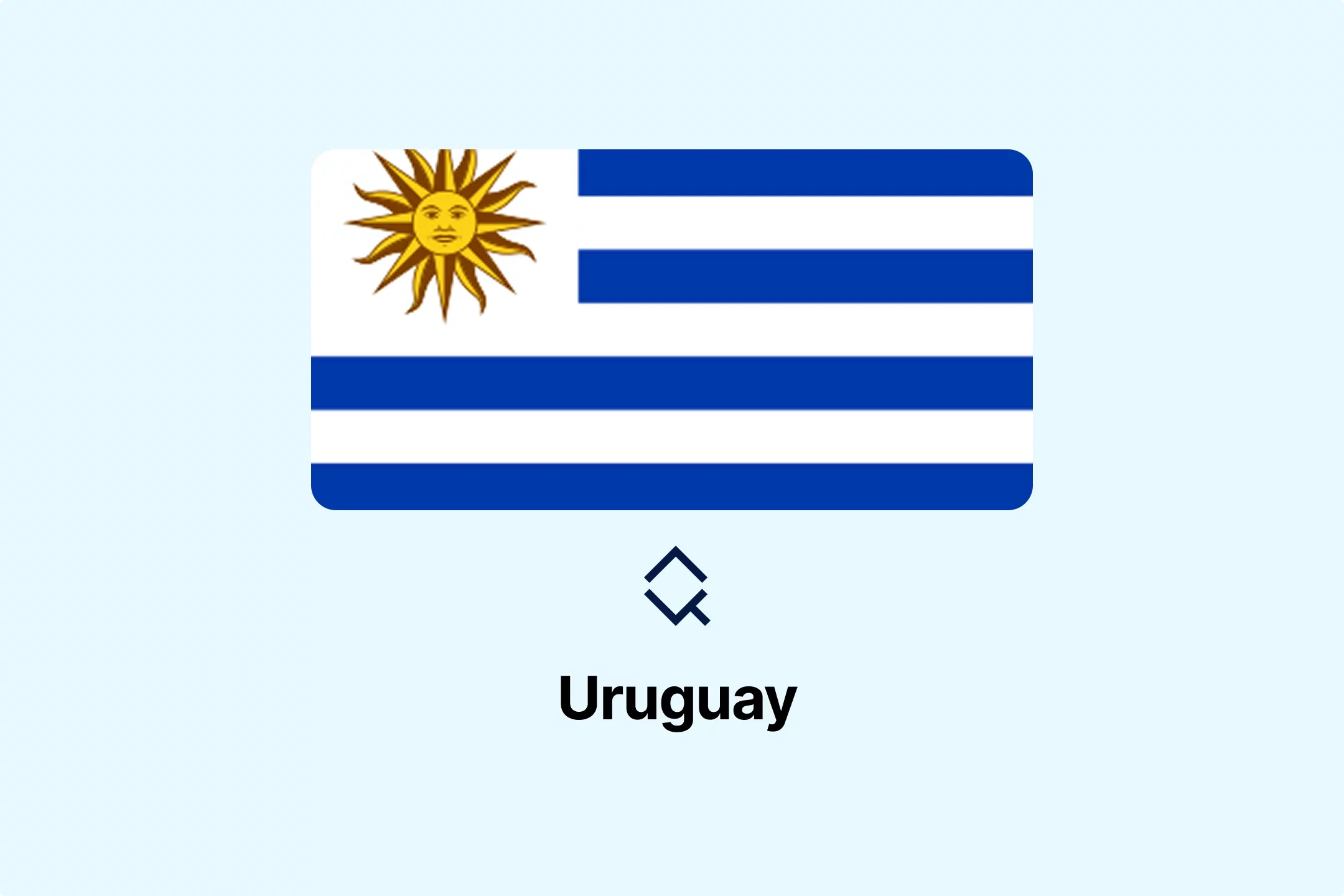


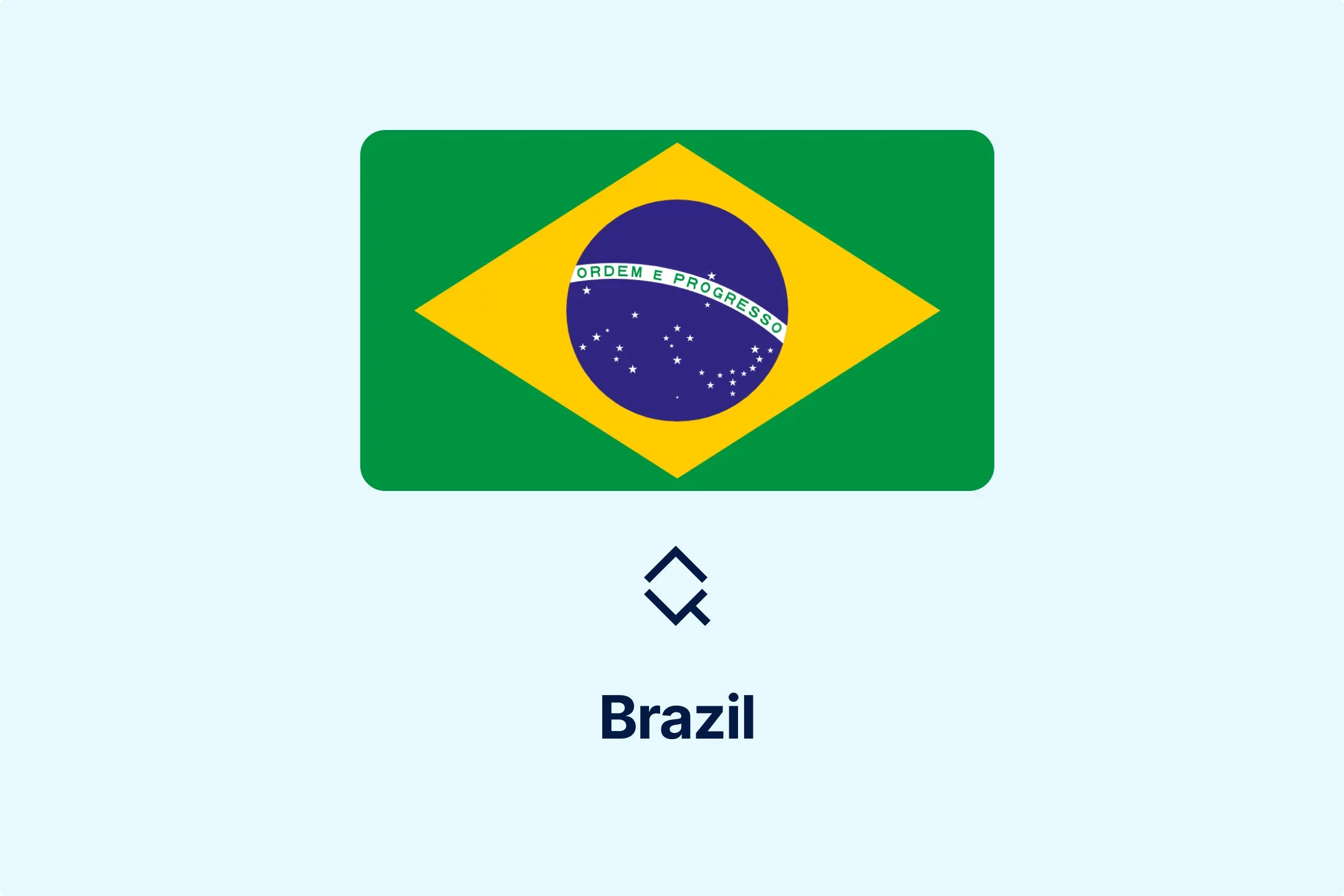


-xsarn0aogt.webp)

-hcel6azmgf.webp)



-p6e3ovhdh3.webp)


-fbovkq9h8b.webp)
-pofe7ucwz3.webp)


-d3qhimei1d.webp)




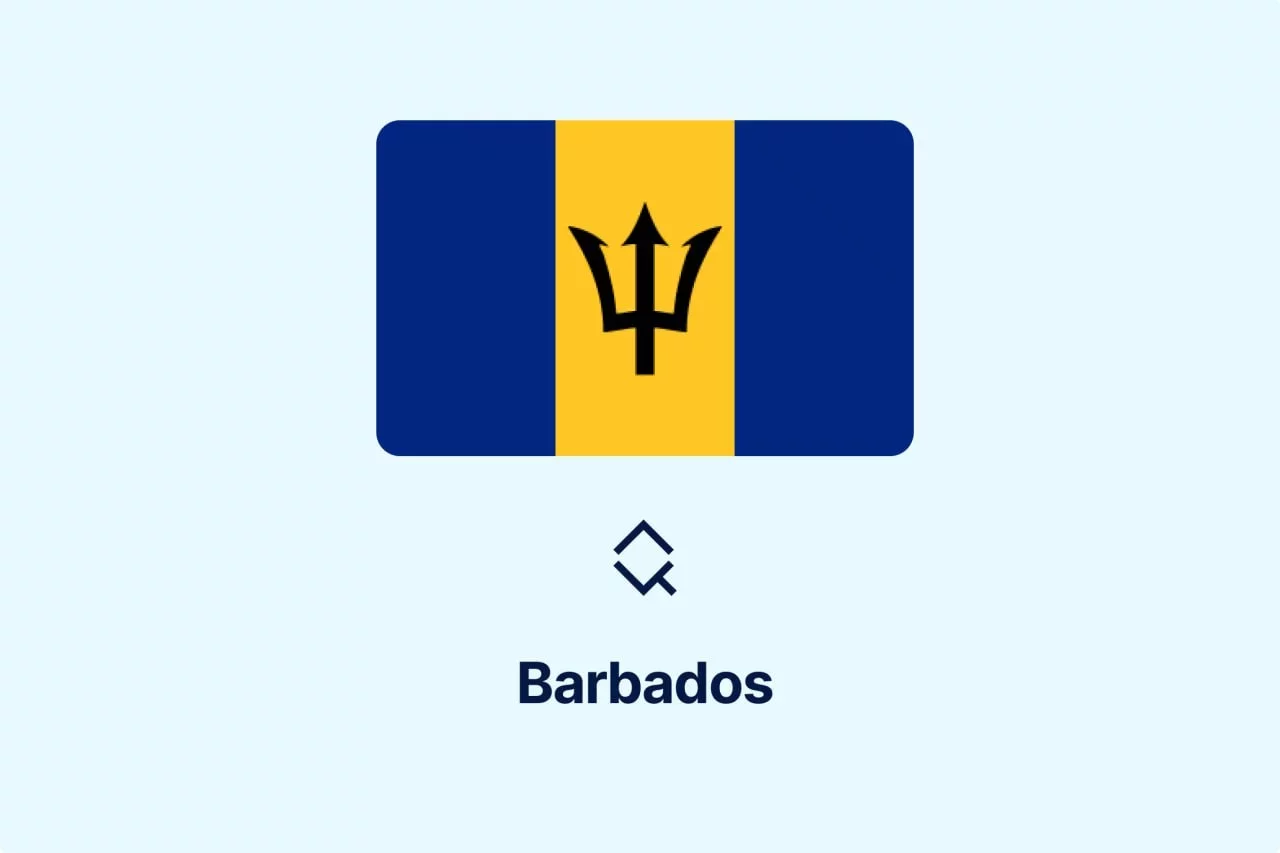

-nilkffjhah.webp)
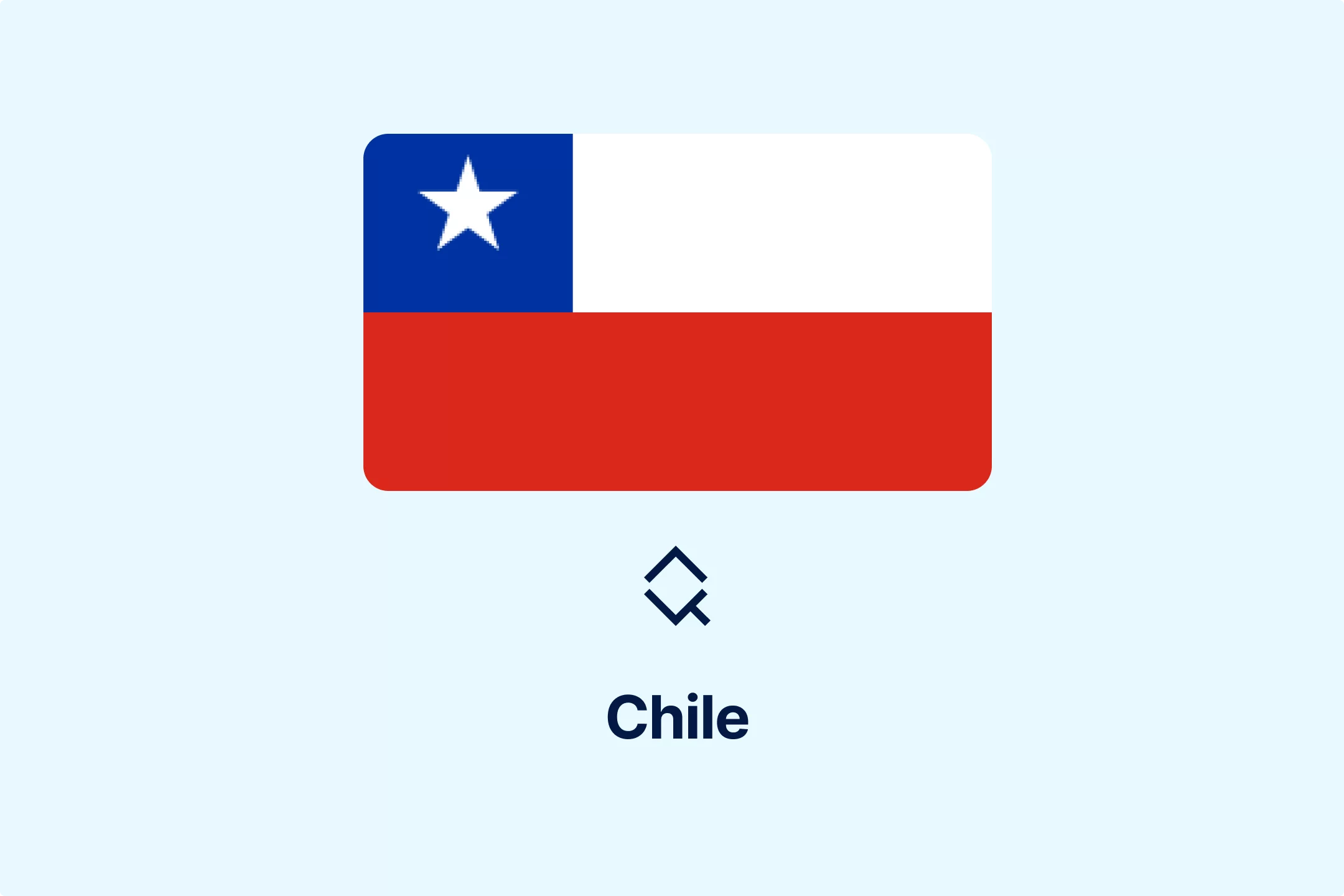












-xbhr0m4jsb.webp)


-ae6fi6cjox.webp)
















-b0fpsws1w1.webp)






















-x78wuofpzj.webp)



















-b44f1vjl1i.webp)




-priw8nq5xc.webp)
-8bkw2pujxu.webp)


.png)

.png)




.png)














































